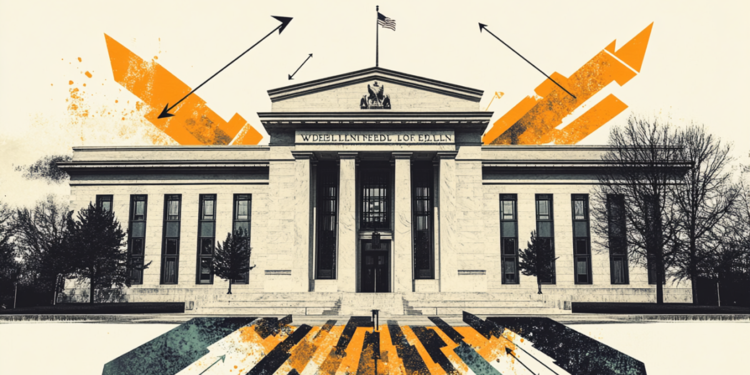In the year in which refueling vehicles’ tanks weighed heavily on Brazilians’ pockets, ethanol leads the ranking of accumulated inflation, with a rise of 63.28%, according to December IPCA-15 data, released by the Brazilian Institute of Geography and Statistics (IBGE). Refined sugar appears in second place, with an increase of 50.93%.
In the “top 10” of inflation in 2021, peppers (50.75%), gasoline (49.59%), diesel oil (48.01%), cassava (46.21%), ground coffee (45, 65%), vehicular gas (43.26%), magazine (40.31%) and cylinder gas (38.07%).
Problems with the sugarcane harvest were responsible for the rise in the price of ethanol and refined sugar, according to Gilberto Braga, economist and finance professor at Ibmec. “We had climatic issues, with a very rigorous winter, a lot of rain, which hindered the production of sugarcane”, he explained.
Partner at Centro Brasileiro de Infraestrutura, an energy consulting company, Pedro Oliveira also points out other factors for the growth of sugarcane derivatives. Amidst the pandemic, commodities such as sugar and oil saw their value rise. Thus, the mills focused on the production of sugar and reduced that of ethanol, which suffered the effects of supply and demand.
“Ethanol is a substitute for gasoline. We have a very large fleet of flex cars and the price ends up following that of gasoline. People start to exchange and, according to the law of supply and demand, the price starts to rise”, he stated.
Even gasoline was affected by the increase in ethanol. The addition of 27% of the sugarcane derivative, which generally serves to lower the price at the pumps, ended up having the opposite effect. Of the ten items with the greatest increase in inflation in 2021, five are from the fuel sector: ethanol, gasoline, diesel, vehicle gas and bottled gas.
The relationship between supply and demand and the devaluation of the real against the dollar also explain the growth in oil products, such as gasoline. “In the pandemic, with the world closed, there was a decrease in the production of commodities. Demand dropped and supply dropped a lot. With the advance of vaccination, people leaving home and returning to a normal or almost normal life, did not have the monitoring of the production of commodities. This was reflected in the price”, justifies Pedro Oliveira.
Despite being only the fourth item with the highest accumulated increase in 2021, gasoline is the main product that impacted the preview of inflation in December. Electric energy, despite not being among the first in the ranking, accumulated a growth of 27.34% and is one of the components with the greatest individual effect on the index.
Difficulty in producing raw materials also led to an increase in the value of magazines, ninth on the list. According to economist Gilberto Braga, the paper industry faced obstacles to supplying all orders. The other food items in the ranking – peppers, cassava and coffee – were harmed, as well as sugarcane derivatives, by climatic problems with effects on the harvest.
What to expect for 2022?
For the professor at Ibmec Gilberto Braga, next year will still be quite difficult. Prices will not be reduced, but the increases should be smaller, with the expectation of inflation half that registered in 2021, which will exceed 10%.
The presidential election must influence. “It is a scenario of fierce and anticipated competition. Traditionally, the campaign catches fire in the last six months, but this has already started at the end of this year, with several pre-candidates. This, for the economy, means a lack of predictability. You can’t do long-term planning, this hinders the opening of new companies, investments and attraction of foreign capital”, he points out.
Pedro Oliveira, a partner at the Centro Brasileiro de Infraestrutura, points out that the economic scenario will depend on Covid-19. “Depending on what happens with the vaccination, Ômicron and other variants, you will again have the world closing or not. We are still going to have high prices in 2022 because the offer cannot meet the demand that the world needs for these commodities”, he assesses.
Reference: CNN Brasil
I am Sophia william, author of World Stock Market. I have a degree in journalism from the University of Missouri and I have worked as a reporter for several news websites. I have a passion for writing and informing people about the latest news and events happening in the world. I strive to be accurate and unbiased in my reporting, and I hope to provide readers with valuable information that they can use to make informed decisions.







